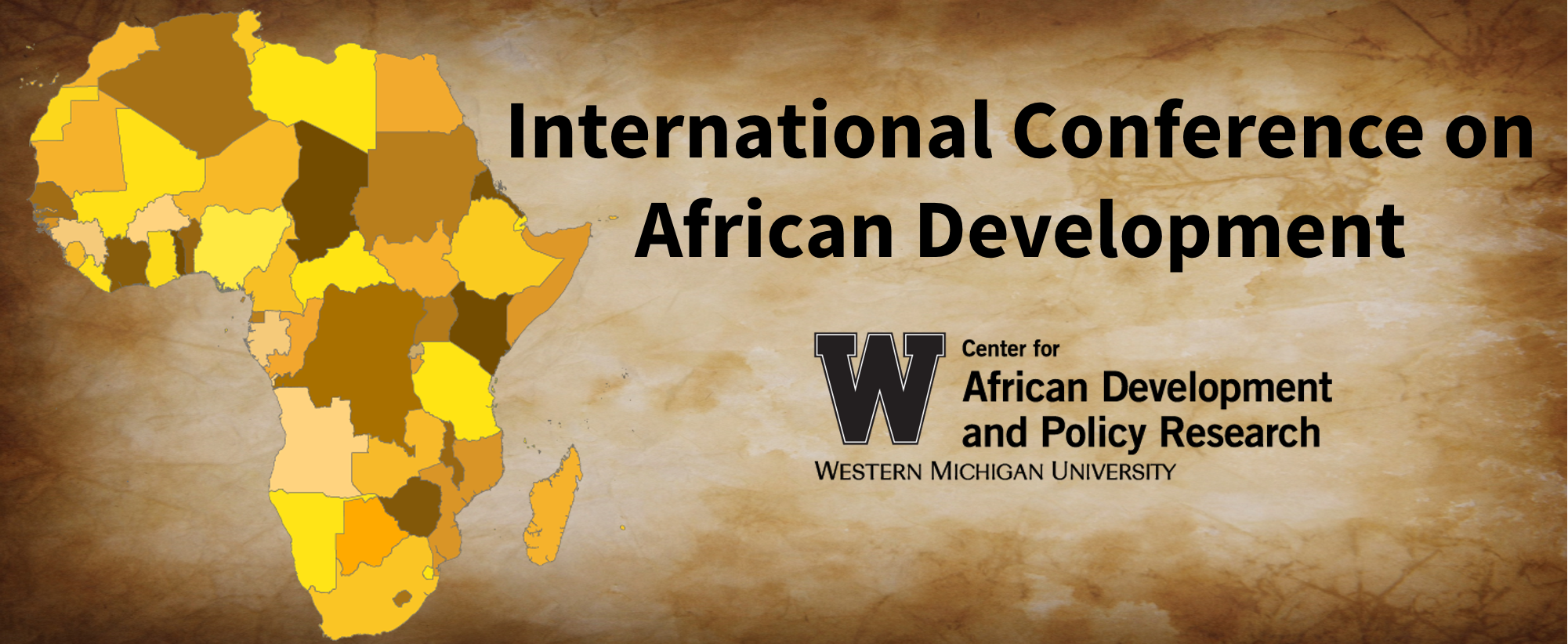2.2 Explaining the Persistence of 'Poor' Governance in Cameroon
Abstract
This study explains why poor governance is persistent in the Central-African country of Cameroon. Research has shown that most African economies are fast growing. However, economic growth is not proportionate to the growth and strength of governance in Africa. While many studies have focused on the effects of poor governance on the growth and development of African economies and the people, a few who have attempted explanations for the existence and persistence of poor governance in African states attribute the governance predicament plaguing the continent to political instability and civil wars. Cameroon has technically not had any political turbulence or civil conflict of any sort since independence. However, for over two decades, Cameroon remains classified within institutions such as the World Bank and Transparency International as one of the worst African countries in terms governance. Using scholarly literature, data from multilateral institutions and anecdotal evidence, this study argues that factors such colonial legacies, ethnic multiplicity, and the availability of and dependence on natural resources not only account for the persistence of poor governance in Cameroon but create a combined effect that leaves the country in a vicious circle of a governance system. For a nation that is articulating a major policy goal of becoming an emerging economy by 2035, the importance of good governance cannot be overemphasized.
2.2 Explaining the Persistence of 'Poor' Governance in Cameroon
1920 Sangren Hall
This study explains why poor governance is persistent in the Central-African country of Cameroon. Research has shown that most African economies are fast growing. However, economic growth is not proportionate to the growth and strength of governance in Africa. While many studies have focused on the effects of poor governance on the growth and development of African economies and the people, a few who have attempted explanations for the existence and persistence of poor governance in African states attribute the governance predicament plaguing the continent to political instability and civil wars. Cameroon has technically not had any political turbulence or civil conflict of any sort since independence. However, for over two decades, Cameroon remains classified within institutions such as the World Bank and Transparency International as one of the worst African countries in terms governance. Using scholarly literature, data from multilateral institutions and anecdotal evidence, this study argues that factors such colonial legacies, ethnic multiplicity, and the availability of and dependence on natural resources not only account for the persistence of poor governance in Cameroon but create a combined effect that leaves the country in a vicious circle of a governance system. For a nation that is articulating a major policy goal of becoming an emerging economy by 2035, the importance of good governance cannot be overemphasized.

